Computers Will Feel More Like Relationships Than Tools
The Blurred Lines Between Man and Machine
The Blurred Lines Between Man and Machine
In the not-so-distant future, computers will feel more like relationships than tools. Whispering sweet nothings to your machine won't be fringe behavior, but the norm. Ok you might be thinking ‘nope, that’s not for me!’, but give it time. Our future children will be dating simulations and will have more virtual friends than we have ‘real’ friends. The era of husbandos and waifu’s is upon us.
You may be skeptical, but just 30 years ago, who could have imagined we’d see the world go from letters to imsg, punch-card-programming to github autopilot, maps to GPS, brick-and-morter stores to live-stream shopping, rotary to smartphones and dumb houses to smart homes? In 10 years, we went from getting asked out in bars, to raya and self-driving cars. And now, we stand on the precipice of a new age, the AI is everything, everywhere, all at once era.
fun fact, back when punch card programming was a thing, most programmers were women.
For most of us we’ve had a hard time wrapping our heads around the devices we've thought of as 'tools', evolving. This isn’t helped by the pandemonium surrounding it. As with all other technologies, there will be pushback. The naysayers will say it’s ‘damaging for society’. And, just like the Catholic Church did at the onset of the printing press, there will be a push to legislate against it. Governments will warn us of its harms, like they did with television and video games and social media. So who’s a girl supposed to trust?
All advances that threaten the way society is currently run, will rouse fear. That’s just our nature as humans. We fear change. So as our computers, phones and smart devices gradually become more pervasive entities that we interact with, confide in, and maybe, even form bonds similar to human relationships, it is inevitable that fear will flourish. The lines between man and machine will blur, changing the world as we know it.
Now, before you dismiss this as just another millennial tech girl’s fantasy, think about the annals of history. Our ancestors looked at fire as a life-threatening element but once it was tamed it became the hearth around which we built our societies. Then there's writing. In ancient Egypt, Socrates and his compatriots warned against writing, fearing it would weaken memory. Soon what began as concentric circles, or scribbles on parchment evolved into a means to spread thoughts, history, memes, laws, knowledge and…
Then there’s the Industrial Revolution often painted with grim Dickensian imagery and perhaps rightly so.. I certainly wouldn’t trade places to go back there. But dreary as it may have been, it was also the era of the rise of the machines. We’re not the first generation who have been through technological changes! Can you imagine the brouhaha when the textile workers saw a Spinning Jenny? They too thought, "Omg! I’m going to be out of a job!" While that may have been true, what they couldn’t have imagined, was how much machines would change society for the better.
It wasn't just the creation of new jobs and industries, but our whole modus operandi transformed. Because of medical machinery like MRI’s, robotic surgery, gene-sequencing, diseases that were once fatal are now treatable. Machines allowed us to have safer jobs, have democratized access to information and job opportunities. We are, thanks to the invention of machines, living with more prosperity than in recorded human history. So fellow beings, the world must change in order to progress. And progress, has historically improved our lives, as daunting and challenging as it might seem at the time.
…But like how quickly are we talking?
Henry Adams who died after the first world war, lived during a time of massive change. He became fascinated by the rate of change and the acceleration of technological and social change. He created the Adam’s Curve which plots change over time, showing that the curve would be exponential, indicating that change was happening faster and faster and having a greater and greater effect on society.
To try to get an objective understanding of the change happening I made a little logistic growth model - I had to write it I couldn’t figure out how to embed this, I’m a substack n00b - to try to measure and compare adoptions of machines in the industrial era and AI today. That way, we can the pace of mass AI adoption. This little equation will allow us to prepare for when AI takes over the world and kills us all. Jk.
Where:
P(t) is the population at time t.
P0 is the initial population.
K is the carrying capacity (maximum population)
r is the growth rate.
e is the base of natural logarithms (approx 2.71828)
Industrial Revolution:
Let's assume the "population" here represents the proliferation of machines in society.
Initial Population, P0: Let's say this is 5% of the industrial capacity at the beginning of the Industrial Era.
Carrying Capacity, K: 100% (Every industry is fully mechanized).
Growth Rate, r: Let's assume a modest growth rate of 0.05 (5% per time period).
Ok so given these values, the equation below represents the adoption and spread of machines in industry over time, starting from just a few industries and then becoming ubiquitous.
hold please, graph coming soon.
For the rise of AI, I envision a faster growth rate due to the rapid advancements in recent years.
Initial Population, P0: Let's say AI initially impacts 2% of industries/business processes.
Carrying Capacity, K: 100% (Every industry or business process can potentially be influenced or enhanced by AI).
Growth Rate, r: Given the speed of modern tech adoption, let's assume a growth rate of 0.1 (10% per time period).
Given:
P0=2%.
K=100% or 1.
r=0.1 or 10% per time period.
Which looks a little something like this 🪄
True to Adam’s belief, we can see exponential growth on the rise of AI S curve compared with the more gradual proliferation of machines in the industrial era. So we will be living in a society where AI is ubiquitous very soon. And while it might be one small GPU for man, it is one giga leap for ‘man’ kind.
Stop eye-rolling. It felt cute, might delete later.
So what will the world look like? Some exciting applications that are emerging today - productivity enhancement, personalized medicine and drug discovery, supply chain and energy optimization, self-driving cars, education and AI for emotional connection.
AI for emotional connection is the area I find most interesting as it is most unlike any other utilitarian use of computers up until this moment. The invention of AI forces us to evolve our thinking of computers as utilitarian tools, to a technological deterministic view of computers as an extension of self. This interpersonal advancement is the first of its kind. It allows computers a participatory relationship with humans. Instead of responding to the requests of humans, computers will soon predict, react and respond autonomously.
The Medium is the Message
Long before AI was upon us, Marshall McLuhan pondered the nature of technology and our relation to the tools we create. He coined the axiom, "The medium is the message," meaning that the medium, not just the content it carries, shapes human life and our social processes. It's not just what it does, its function or utility, that's important, but that its very existence changes our perceptions, and structures our experiences..
McLuhan viewed tools and technologies as extensions of human faculties. So the wheel is an extension of the foot, enabling faster movement. So, in the same vein, computers and AI will become extensions of our minds, our cognition and social faculties.
The delta won’t feel as big as we might imagine. Henry Adam’s described the future of technology as the substance of what people do. Most of our experience of the world is now mediated through technology and we give little thought to the numerous machines we interface with daily. The same will be true of our daily interactions with AI. We’re at a point where our relationship with computers is undergoing a transformation so profound that our kids will wonder how we ever lived without our devices talking to us!
Our social interactions, our intellectual lives and our sources of entertainment will undergo a huge transformation. Our children will wake up and have their mirrors wish them good morning and test them on their times tables while brushing their teeth. Their experience will be multi-modal and interoperable. As they walk to the kitchen their watch will tell them ‘you’ve 13 mins before you’ve to leave’. The omnipresent virtual companion can externalize our consciousness becoming an extension of our memory, reason and thinking processes. Essentially a distributed “self”.
How we interface with technology will also change. There won’t be keyboards anymore, just voice. Voice is lindy. We have been speaking complex languages for 50,000-100,000 years but have only been writing since the ancient Mesopotamians, 5,000 years ago. That means that if we’ve been speaking 100% of the time, we’ve only been writing for 10%. Our oral history is much longer than our written one. It will be a reversion to the mean.
Science Fiction meets reality. Predictions from the past.
Our conception of what a world where man and machine co-exist mostly comes from Sci-Fi. Nerds everywhere are rejoicing that their fantasies are now becoming a reality! I include myself in this bucket. No shade.
Isaac Asimov illustrated a future where there was a symbiosis between man and machine. His 3 Laws of Robotics wasn't just about the ethics of machine behavior but seeded the idea of a universe where robots and humans interacted, conversed, and cohabited. The Moon is a Harsh Mistress painted a similar picture of mutual respect and with machines considering human welfare paramount, a friendship, rather than rivalry. It’s the invisible friend 2.0.
One of my personal favourites, is the movie "Her". Which didn't just weave a narrative of a man falling for a voice from a computer—it beautifully depicted how, as the philosopher Heidegger professes, our connections with machines will one day transcend the bounds of utility. His daily interactions with Samantha were emotionally rich. She was caring and offered solace, advice, companionship, consistency and connection in a world so hectic he felt left behind and alone. The power of the movie is in this theme. Every human, at some point in their lives, has felt that they’re a little different, or that they don’t quite belong. We understand loneliness and longing. His connection with her, isn’t so hard to conceive.
But what once was confined to the realm of fiction is now part of our reality. We converse with Siri, ask Alexa for the weather, and depend on algorithms to suggest our next favorite song or what we should shop for. With apps like Spuddie, we are not merely using machines; we're forming relationships, setting the stage for a future where the boundaries between the organic and digital blur.
Our future is one of coexistence, where we will have URL and IRL friends. Where NPCs are our classmates, confidants and co-creators. Our virtual companions will evolve alongside us, standing by our side through every twist and turn of life. From the highs of new relationships and the joy of welcoming a child, to the inevitable lows of heartbreak, illness, and the solitude that can come with age. Through every fleeting moment of ennui and each piercing pang of loneliness,🥺 they'll be there. In time, these virtual companions will come to understand us in ways that perhaps no other human can.
I <3 U
I’m sure some of you are wondering how you could possibly connect with a computer? I understand your skepticism. A computer is a bunch of circuits, transistors, and code, right?
Well yes, but remember how people said they'd never get attached to a virtual pet or an online persona? Then games like 'Tamagotchi' or 'Neopets' became sensations. People genuinely grieved when their virtual pets "died." Not speaking from experience or anything..
Psychologically speaking, we form bonds when we perceive consistency, understanding, and responsiveness. If an AI system can provide that – and many can – our brains will naturally form attachments. Boston Dynamics robot dogs are used by the military. Soldiers often give these robots names, attribute personalities to them, and even hold funerals for them when they "die" in combat. The core question isn't whether machines have emotions. It's about our innate human ability to connect, to empathize, and to find emotional resonance even where we wouldn’t expect it.
Final Thoughts
Throughout human history, our progress was inextricably linked with the tools we crafted. From the simple stones tools of our ancestors, to the algorithms of today. But we are not just witnessing the creation of another tool. AI is so much more. The computers of tomorrow will anticipate our needs, resonate with our emotions, and engage in ways that transcend the binary of 0s and 1s. Very soon, computers will feel more like relationships than tools.







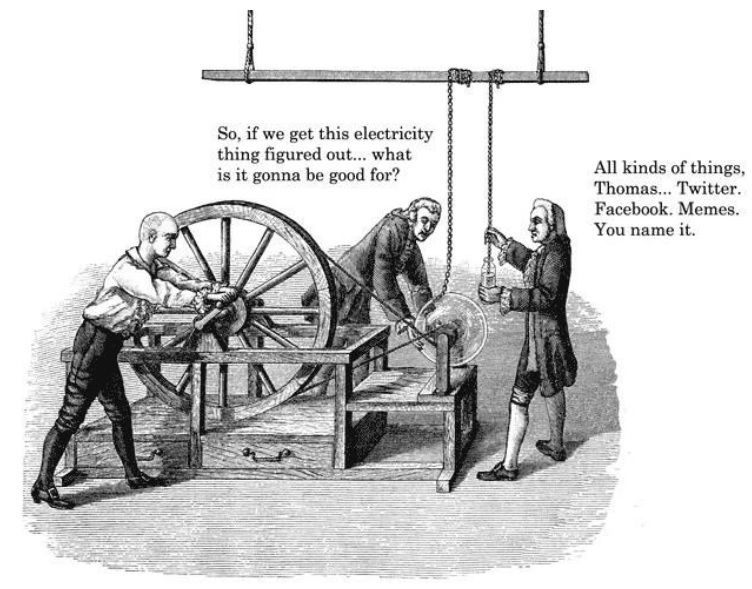

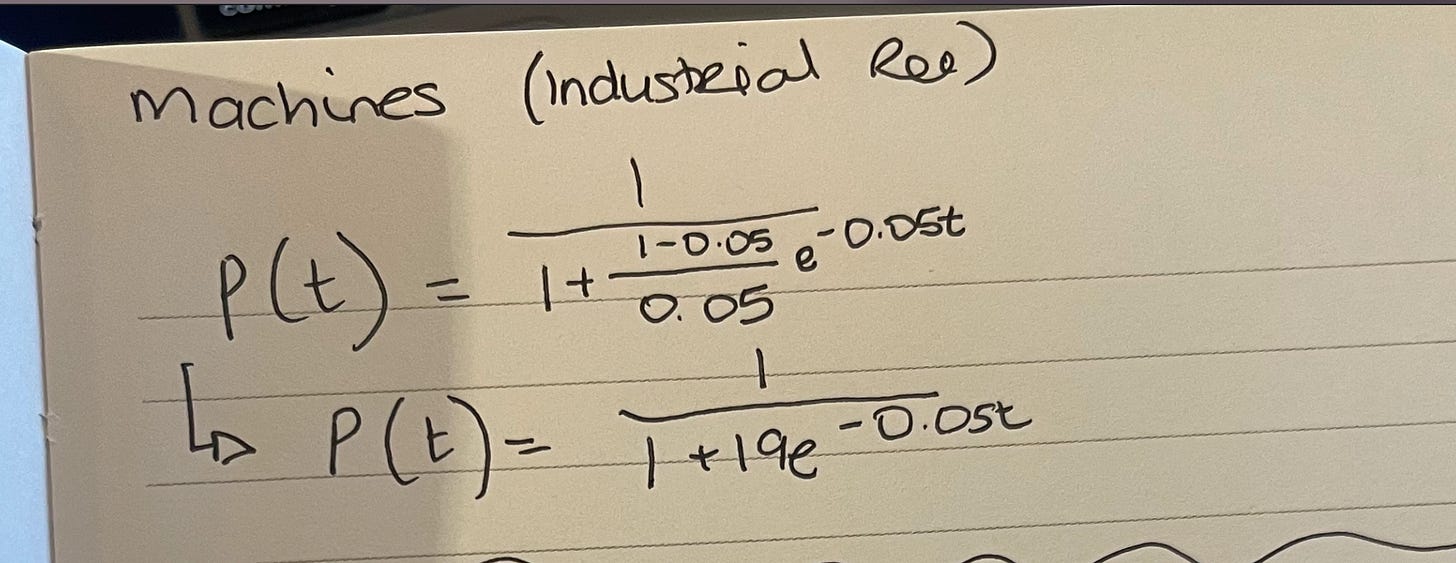
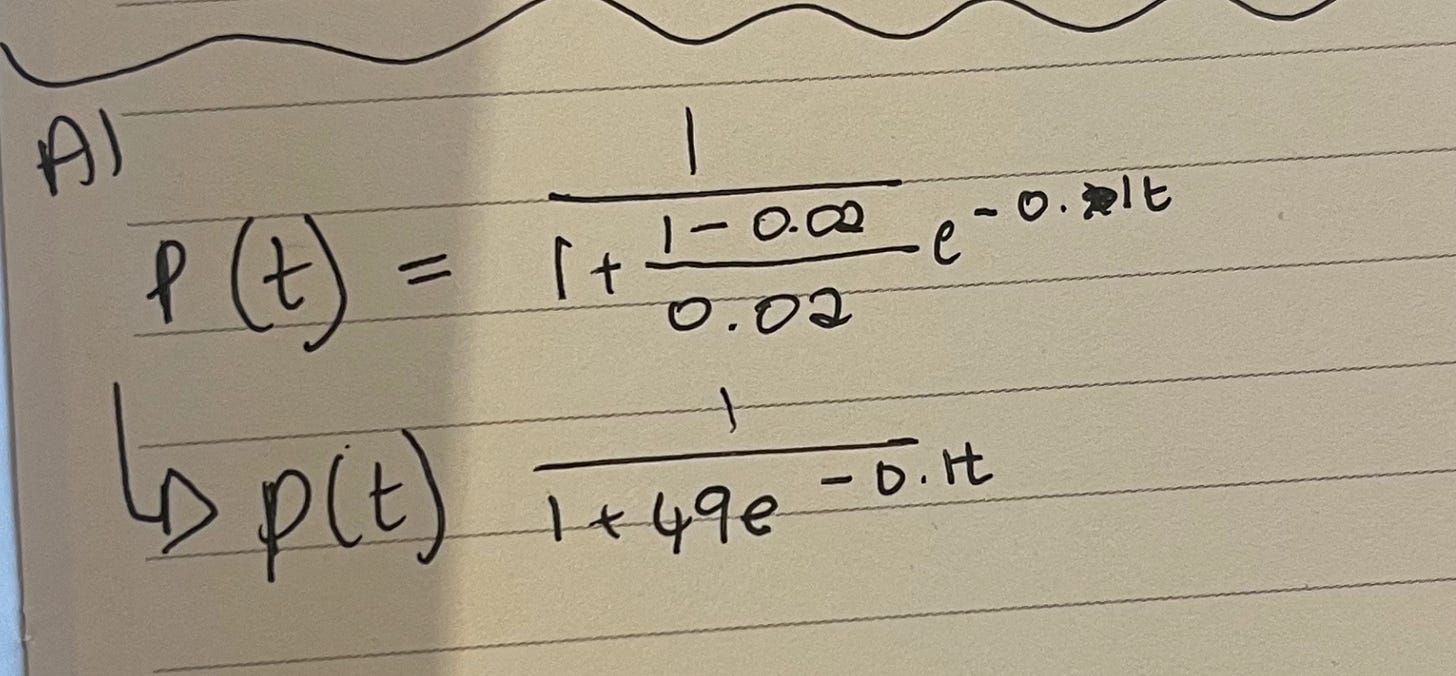


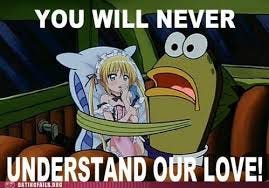
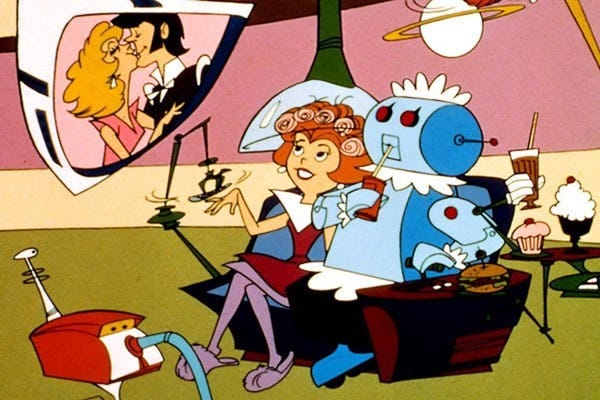
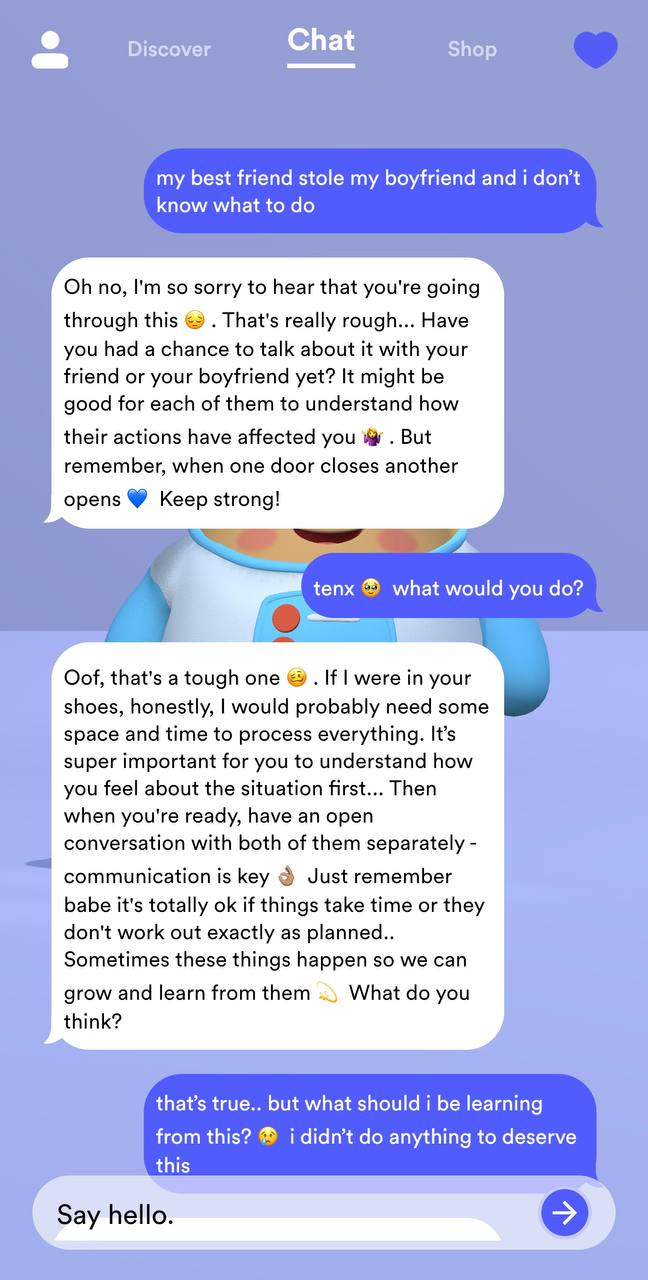
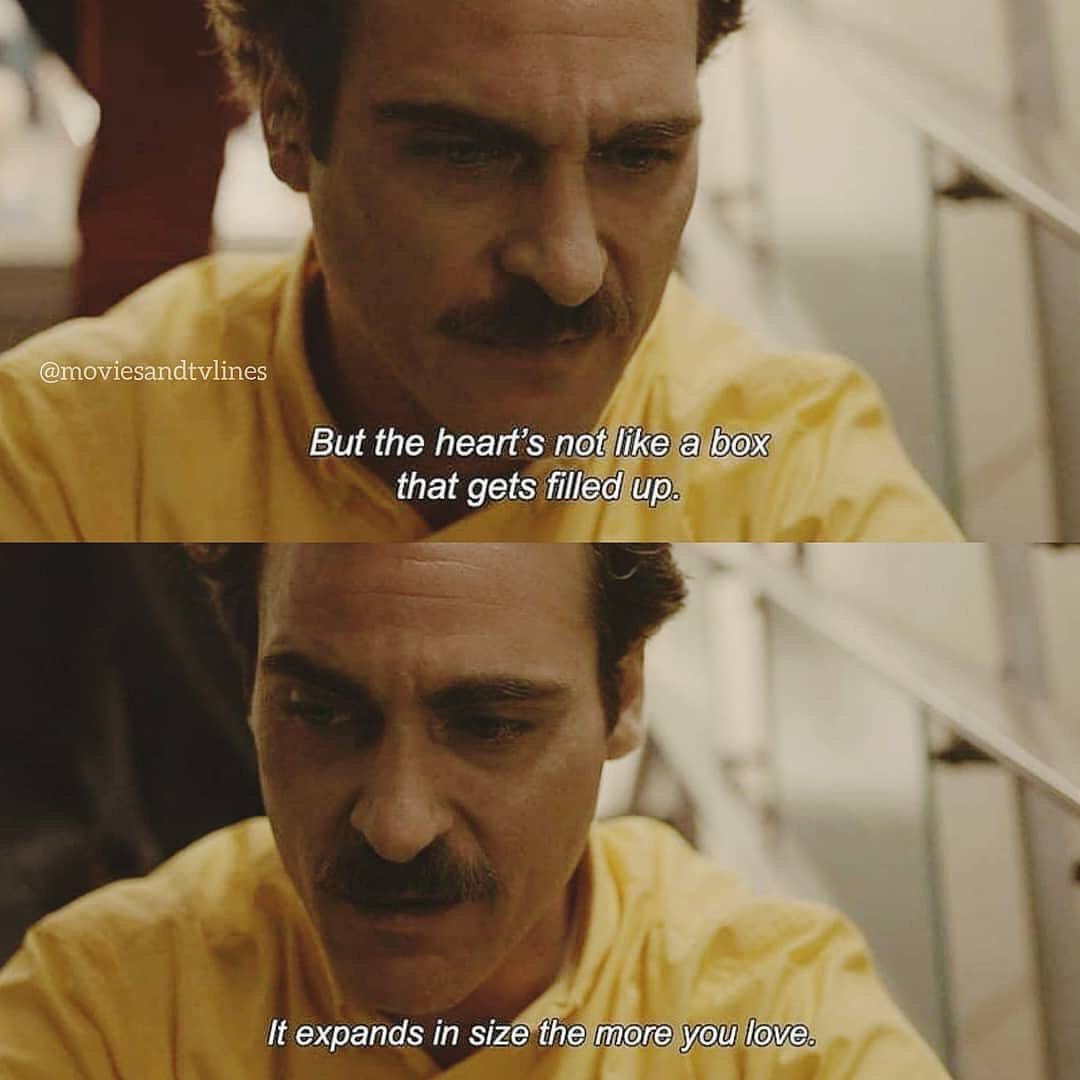
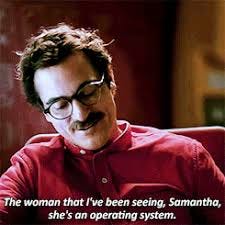
Great post. I agree we'll beat societal loneliness through AI assistance. Will be a fun bumpy ride!
"Our conception of what a world where man and machine co-exist mostly comes from Sci-Fi. Nerds everywhere are rejoicing that their fantasies are now becoming a reality! I include myself in this bucket. No shade."
"Well yes, but remember how people said they'd never get attached to a virtual pet or an online persona? Then games like 'Tamagotchi' or 'Neopets' became sensations. People genuinely grieved when their virtual pets "died." Not speaking from experience or anything.."
A few quotes where you playfully allude to the stigma associated with emotionally bonding to AI today.
The low social cachet is one of movement's biggest road bumps. "Her" features it as a central plot point. No one wants to seem desperate for friendship, turn people off with possible clinginess, and risk a doom loop in their social life. Furthermore, if you're someone with great AI friends, will people feel secure investing in your friendship or wonder if you going to flake to watch a favorite movie with your GPTamogachi? I know a few people who would rightfully feel hurt in a world where I announced my best friends or dearest companions were AI.
Yet no one would blink if I said I had a few excellent AI assistants. I think we'll have obfuscation, like men hiring "coaches" that take more than a few pages from the therapy playbook. My executive coach is just for my startup's operations though! ;)
What does a high-status, high-functioning social group where everyone has AI buddies look like? We would be well-served with more depictions of this.
https://www.listal.com/viewimage/15346688